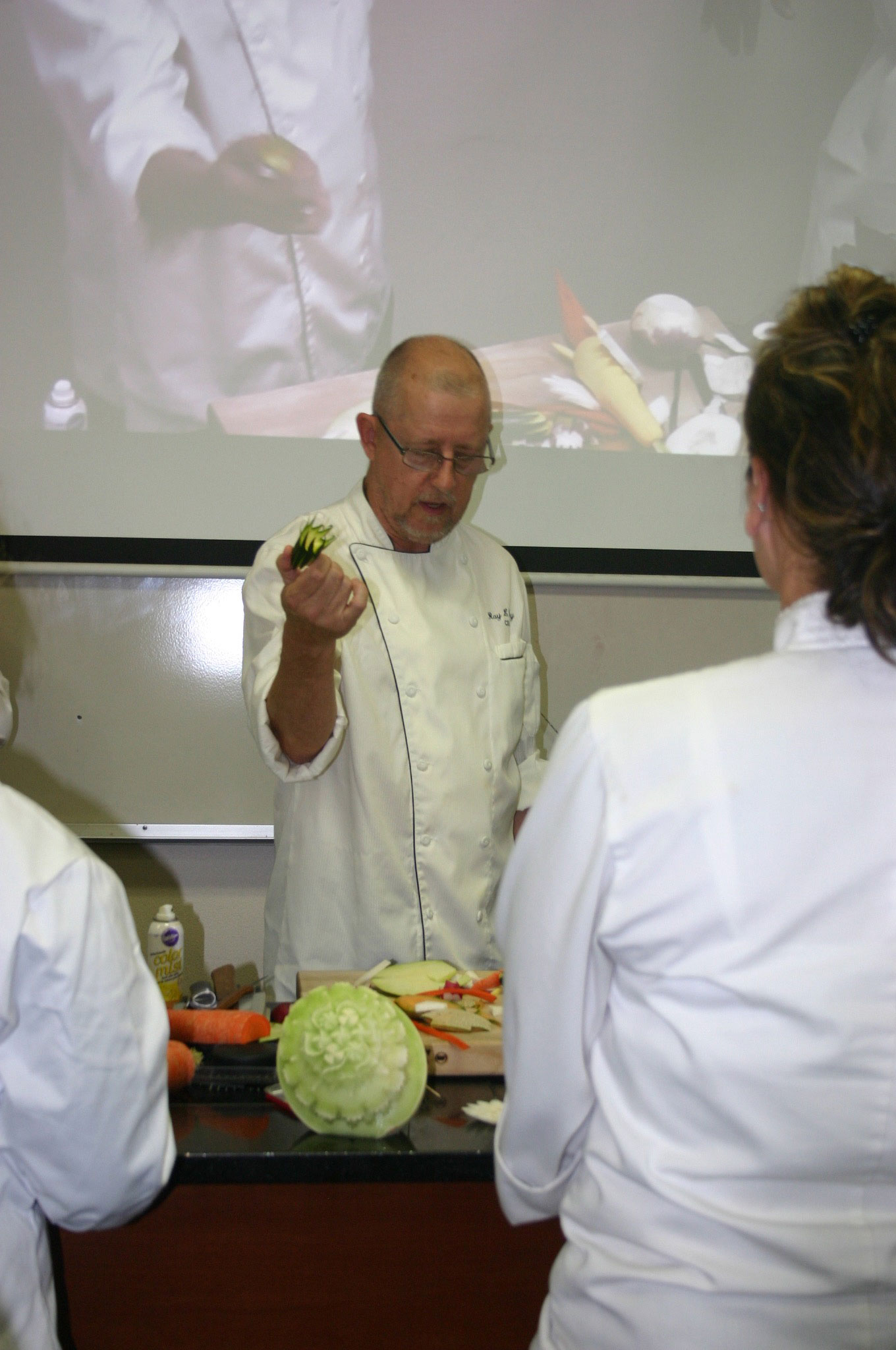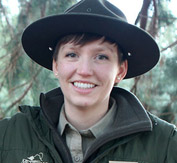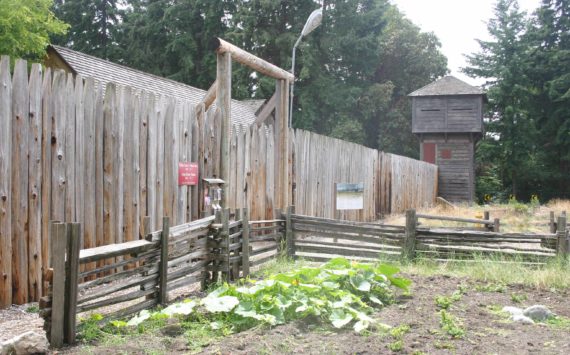Culinary arts degree program allows students to follow their dreams
By David Guest
Tacoma Daily Index editor
The cantaloupe never had a chance
Ray Duey, pairing knife in hand, tore into it like a surgeon, skillfully gouging, slicing and sawing until the fruit was fruit no more. In a couple of minutes Duey – Chef Duey – had turned the melon into a work of art. A flower. A stack of flowers. Inspired by the master, his students eagerly grabbed their own cantaloupes and went to work.


Bates Technical College invited Duey, a renowned culinary artist, to serve as a guest lecturer for students in the Tacoma school’s culinary arts program. This day was about developing knife skills, food preparation technique and seeing food as art. And about making money. Fancy food, Duey hammers home, earns more cash.
Zippia, the San Francisco-based careers website, recently released a survey of the lowest paying jobs in Washington State. The food and beverage industry dominated the bottom 10. And yet, every year, new students enroll in culinary programs at Bates and other schools, swayed not by the dire statistics, but by the fire of their passion.
“I think a lot of people think that the only avenue for this industry is being in that hot kitchen, being on the line,” said instructor, Chef Roger Knapp. “It’s also our job to look them (students) over and say ‘hey, you know if you want to be a food stylist or an event planner – go for it.’”
The associate of applied science degree in culinary arts at Bates requires students to finish 120 credits, which demands a two-year commitment to spend several hours a day in the classroom and kitchen, Monday through Friday. When students graduate, they’ll have plenty of available jobs to choose from. And not all of them reside in that bottom-10 pay range.
“Ten jobs to one student,” Chef J.J. Meland, Bates instructor, said of the demand for his graduates. “Cooks don’t make a lot of money, but chefs do pretty well. It’s just getting to that point – what avenue do you take to get to that point.”


Knapp, who himself graduated from Bates when the culinary program was “very basic” has been an instructor at the school for 25 years. Along with Meland, five years on the job, and Chef Richard Houle, who runs the school’s one-of-a-kind food truck program, the three make up the school’s staff of instructors.
Students often enter the culinary program with visions of opening their own restaurant and becoming the next celebrity chef. Bates instructors are quick to temper the enthusiasm without killing the dream.
“A lot of them, when they first come in, say ‘hey, I want to own my own place – I want to own my own catering company’”, Knapp said of his students. “They are thinking very long term. I think it’s our job to have them face reality. Yes, it is out there for you but lets get you out in the industry and get some training. You’re not going to go from school to owning a restaurant.”
The students at Bates are unique, in that they are scrubbing pots and pans, peeling potatoes and sweeping the floors at the end of the day by choice. They want to be in the classroom, and more to the point – in the kitchen. Their instructors make sure each student understands what they are getting into. Yes, they clean and do dishes.
“We teach them just like it is in the industry,” said Meland. “We teach them not only how to cook, but what’s expected in the industry and bring them up to that level so when they are on their own, they’re not going to fail.”
After spending 17 years in the Army, and surviving an IED explosion in Iraq that overturned her truck, Staff Sergeant Jeanette Harder enrolled in the Bates culinary program. She also works as a prep cook at 13 Coins in Bellevue and will graduate from Bates in the spring.
“This is the only thing I wanted to do,” Harder said while carving a turnip slice into a daisy. “I just wanted to cook. I love it here. I want to be here.”


Harder has decided that being a pastry chef is what she’ll do after she finishes her last quarter.
“They (instructors) told me I was in bakery the first time and I said ‘Nooo! Anything but bakery,’” Harder said, explaining how she discovered her culinary calling. “Now I love it. I like that it’s challenging. I kind of like the precision – at first I was scared of it. I like the creativity of it.”
For student Christopher Winstead, who served in the Marines and in the Army as a cook, he’s already spent a lot of time in the kitchen. The Bates culinary program gives him an opportunity to take his skills to another level. The Birmingham, Ala., native has already established a catering company, cooks at the VA, and works as a private chef when time allows.
“As long as I’m in the kitchen, that’s perfect,” Winstead said. “As long as I can cook, that’s it. I come in here and cook, I go to work and cook and when I get home, I cook.”
Tavon Williams got to Bates after he “followed an old girlfriend” from Baltimore to the Northwest. “I was lookin’ for love . . . in all the wrong places,” he said laughing while practicing lessons learned from Chef Duey at his workstation. “I found it, but this is my love now.”








